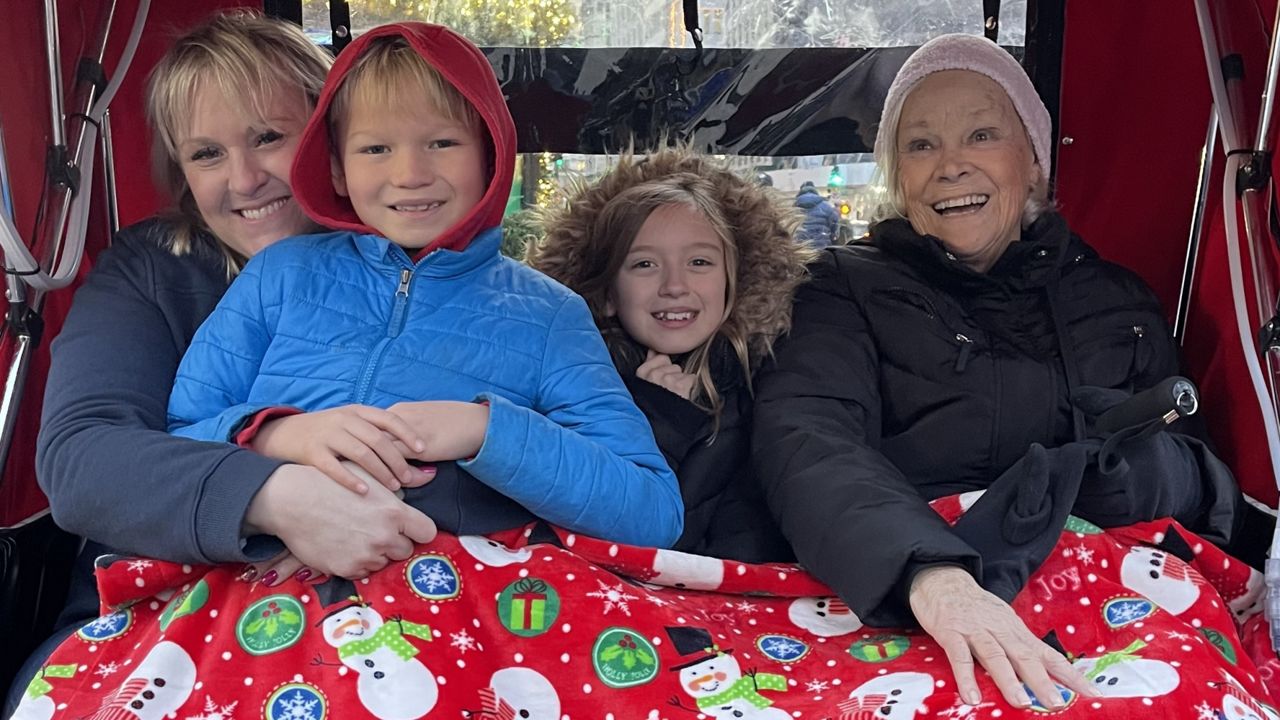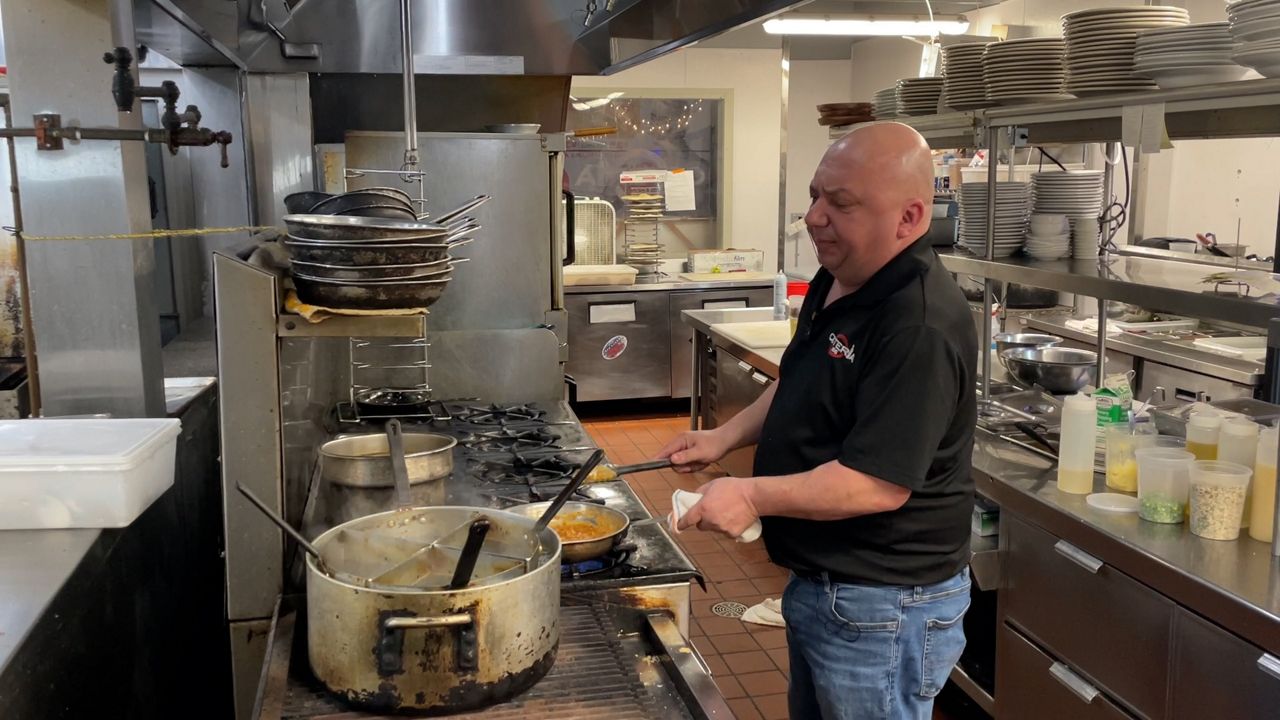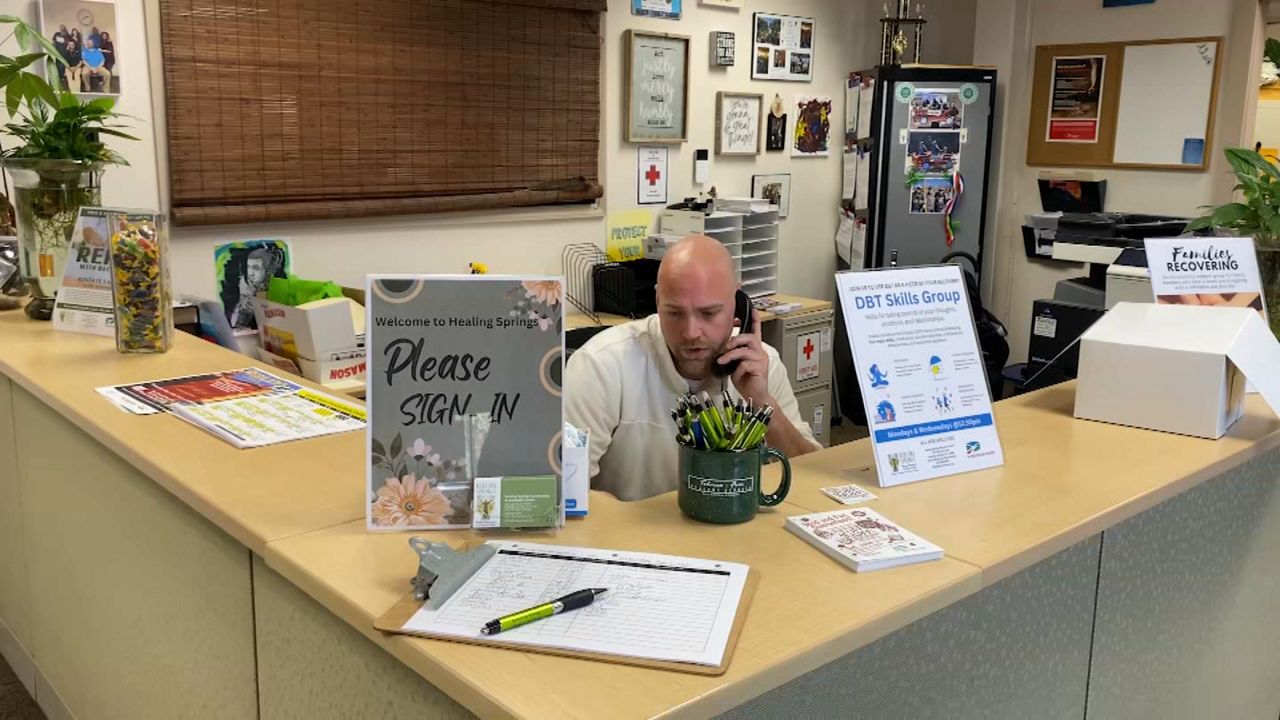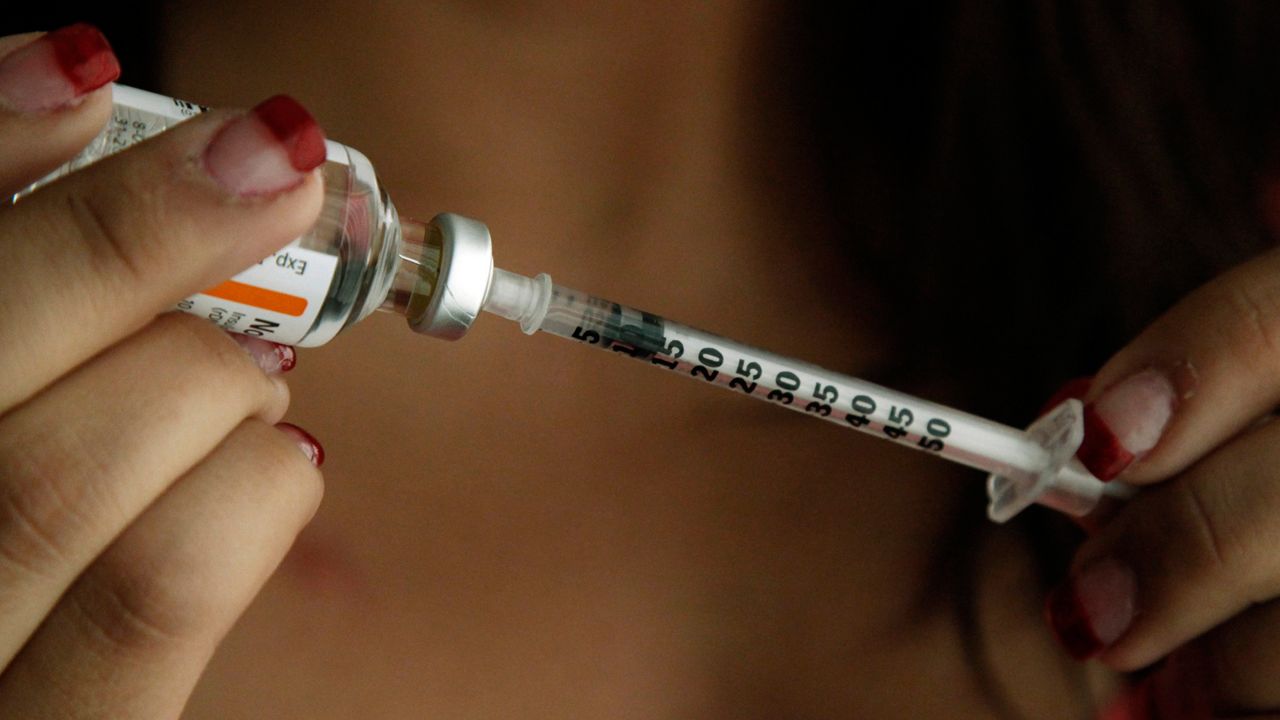Vaping and smoking continue to be an issue with middle and high schoolers, but there is some good news. The rates are going down.
Ronald Austin knows the potential impact of smoking. He started around age 8 or 9.
“So tomorrow when I use it, it’ll count down from 28 and then I’ll use it again,” he said after taking a breath from an inhaler.
He never thought this would be his life.
“The only thing was we was being cool. Well, let me tell you, I don’t know how cool it is when you can’t breathe,” Austin said.
He has three inhalers trying to undo the damage done over decades. Austin was diagnosed with COPD at 28. He didn’t stop.
It wasn’t until a few years ago that the message sunk in.
“I would cough and for like 30 minutes straight when I first woke up,” Austin recalled.
Stopping earlier is the goal.
The 2021 National Youth Tobacco Survey found about 2.55 million middle and high school students in the U.S. reported using tobacco products within the past 30 days. Most of those products were vaping devices.
“Really good news in a bad environment. But really, good news that the trends are dramatically down,” said Andrew Hyland, the chair of the Department of health behavior at Roswell Park Comprehensive Cancer Center.
Whether because of less peer pressure during the pandemic, effective ad campaigns or banning certain flavored vapes, there’s something to be positive about. But any tobacco use among kids isn’t good.
“I think that my read of the data about kids vaping for stress or anxiety is actually nicotine addiction. Those are the feelings one gets when you go through nicotine withdrawal,” said Hyland.
According to the survey, around 60% of these kids stopped vaping or smoking at some point during the last year because they wanted to quit, but they came back to it.
“The fraction of those kids that are that are vaping, they're vaping every day or on most days," said Hyland. "So all that data together tells me that the kids that are vaping are getting hooked.”
That loss of control is something Austin doesn’t want anyone to experience.
“I would just hope this somebody at least one person would see this or hear it and maybe they won't have to go through the things I have to go through,” he said.
Because it’s not just COPD or cancer you can face, it’s the little things, too.
“Got this mountain bike," Austin said, gesturing. "I love taking it out, but then I get short-winded.”
Prevention is key, but for those who have already started, you can stop.
“You can look at the time you fail as practice for when you get ready, when you really get ready to quit," Austin said. "Just keep trying until you do it.”
New York offers resources to help people quit. That includes the New York State Smokers' Quitline: 866-NY-QUITS (697-8487).










